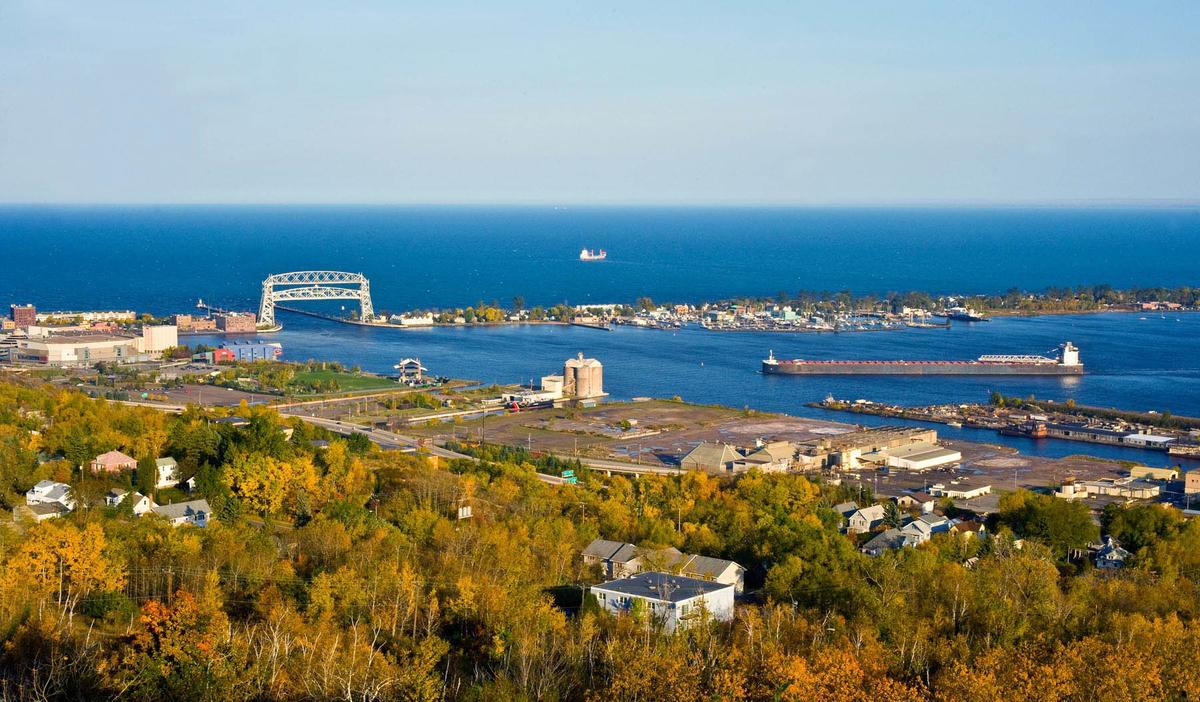Phew! What a year! I don’t think anyone is sad to see 2020 in the rear-view mirror. But rather than dwell on the past year, my task is to look ahead to 2021 and write about the economic challenges and opportunities that we might
expect to see in the coming year. And oh my goodness, there will be challenges. But there are also a great many opportunities on the horizon that give me hope for the future.
In November, Ron Wirtz, Outreach Director for the Federal Reserve Bank of Minneapolis, served as the keynote speaker for the Regional Economic Indicators Forum (REIF), a bi-annual event that educates the public on economic issues impacting our region. His speech highlighted a number of challenges that our region is facing. First, local businesses (especially small businesses) experienced revenues in 2020 that were significantly worse than 2019, and the majority have very real concerns about revenues in the coming months. Restaurants and the hospitality industry in particular are suffering. And port shipments were down in 2020 compared with the same period last year. However, there were some bright spots in his presentation. For one, while the leisure and hospitality industry everywhere is struggling, Duluth and the surrounding region saw stronger tourism levels than most other areas in the state. The number of home sales and the median price of homes has increased since 2019. And our construction sector is going strong, due to huge investments from the Vision Northland and “Can of Worms” projects.
Like many, I have been working from home since March. However, I do occasionally still go to my office downtown, where there are some very obvious signs of the challenges that lie ahead in the coming year. The streets are quiet, with little foot traffic. Many businesses’ doors are locked and many others have closed their doors for good. Sadly, we will likely see an unprecedented number of business closures in the coming year as a result of this pandemic. However, there are also some positive signs for our downtown area in the coming months. The Superior Street construction is complete and the Minnesota Power plaza is in the process of being transformed into a public gathering spot, with more seating, gardens, and a sidewalk into Canal Park. The Old Central High School has been purchased by a developer and will be transformed into mixed-income apartments. And more development projects are either planned or underway. If you haven’t been downtown in a while, you may just find it transformed when you return.
And while many businesses are truly struggling during this time, others are succeeding, despite the challenges of the pandemic. Businesses that have pivoted to online sales, expanded their customer base, ramped up their social media use, and incorporated innovative ways of doing business are surviving. One example of this is Frost River. Back in April, when businesses were being forced to close and personal protective equipment (PPE) was in high-demand, Frost River adjusted its business model to begin manufacturing PPE, which they shipped all over the country. As those products became more readily available, the company then shifted back to their primary focus, but dramatically expanded their online sales and social media marketing. As a result, business remains strong. Frost River is just one of many examples like this throughout our region. This period of crisis has forced businesses to change and adapt in ways they would not have thought possible one year ago. And because of this, we will likely see rapid growth from those businesses once the pandemic is behind us.
As Mr. Wirtz stated in his presentation, regardless of the immediate economic trends we’re seeing, lasting economic recovery and growth won’t happen until the virus is under control, or until there is an effective vaccine/treatment. In the meantime, there are things we, as consumers, can do to help local businesses. First, while it is so tempting to rely on Amazon and other large retailers, consider shopping from locally owned retailers as much as possible. Order takeout from local restaurants and buy gift cards! These are the things that will help our local retailers and restaurants survive the coming winter. Second, if you are someone who has not been financially impacted by the pandemic, consider donating to an organization that supports low-income families in our region. Thousands of local residents are currently unemployed and many families are struggling to get by. Lastly, reach out to your representatives and encourage them to support a stimulus package for businesses and the unemployed. Our economic recovery will be so much stronger if we provide businesses and households with the support they need to make it through this coming winter.
This column was originally published in the December 31, 2020, Duluth News Tribune.
